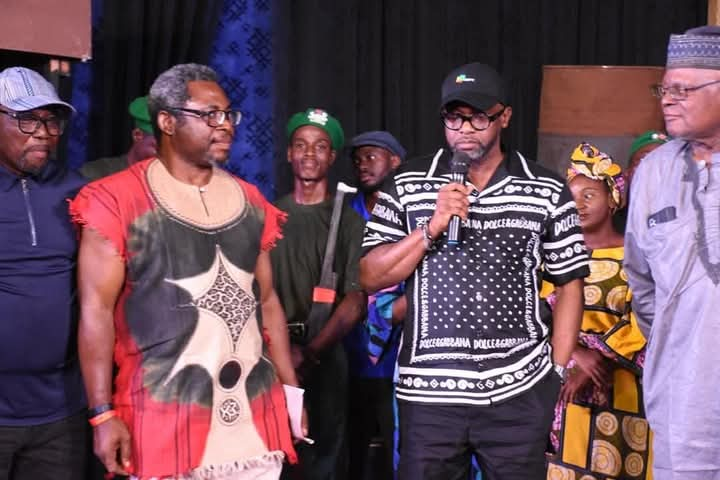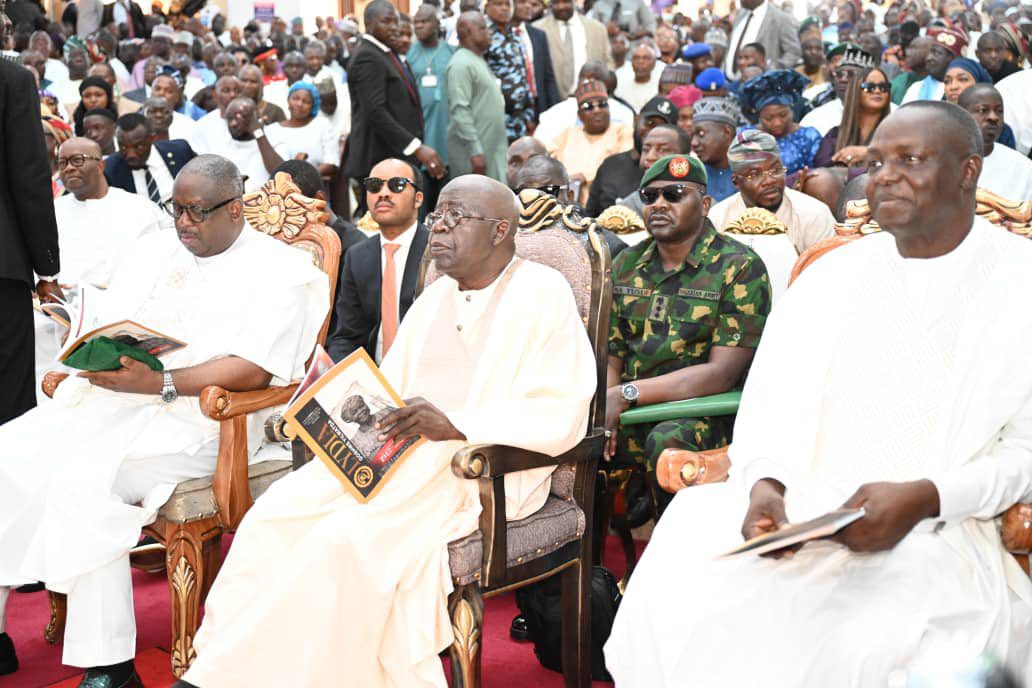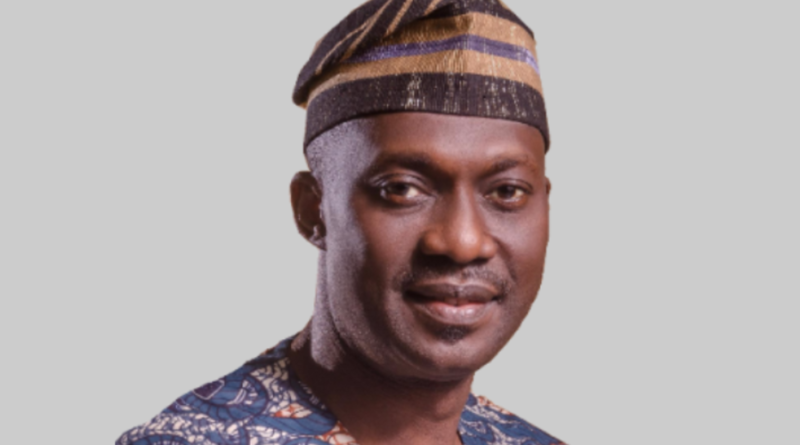The Nigerian National Petroleum Company Limited (NNPCL) has reiterated its commitment to promoting patriotism and integrity as vital elements for Nigeria’s progress.
This message was delivered by the Chief Corporate Communications Officer of NNPCL, Olufemi Soneye, after the staging of Prof. Femi Osofisan’s classic play, Once Upon Four Robbers, in Abuja.

Speaking on the significance of the play, Soneye emphasized its alignment with the Federal Government’s “Change Begins With Us” initiative, which aims to encourage moral and civic responsibility among citizens.
“We are honored to be part of this project,” Soneye stated. “This play serves as a reminder that positive change begins with individuals. It highlights the importance of patriotism, moral values, and integrity in building a better society.”

He added, “For our country to develop, we must embody these values in our daily lives. NNPCL will continue to support initiatives like this that inspire positive transformation.”
Expressing gratitude to Prof. Osofisan, the production team, and the audience, Soneye remarked, “We are proud to have contributed to this production and will remain committed to supporting similar endeavors that promote these ideals.”

Prof. Femi Osofisan, the renowned playwright, reflected on the continued relevance of his play, originally written decades ago, in addressing contemporary social issues.
“I’m surprised that this play, written so many years ago, still resonates today,” Osofisan said. “It reflects the enduring nature of the challenges we face as a society.”
The play’s director, Dire Badejo, shared his inspiration for selecting Once Upon Four Robbers as a medium to spark societal introspection.
“At the start of the year, I sought a play that would critically examine the root causes of our societal issues,” Badejo explained. “After much consideration, I chose this work for its powerful message. Thanks to NNPCL’s sponsorship, we were able to realize this vision.”
The three-day production at the NAF Conference Centre in Abuja featured a talented cast, including Tunji Sotimirin, Frances Onwoche, Ropo Ewenla, Bukky Ogunnote, and Yemi Shodimu. Following its successful run in Abuja, the play is set to be staged at the Muson Centre in Lagos, offering another opportunity for audiences to engage with its thought-provoking themes.
Badejo concluded, “This production is a call for self-reflection and a reminder of the power of individual actions in shaping our collective future.”




